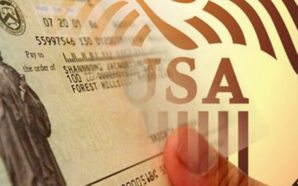Determining SSI and SSD through Substantial Gainful Activity

When a person becomes disabled, he or she may experience employment limitation. Upon determination of the US Social Security Administration (SSA) that a person is no longer capable of substantial gainful activity, he or she can be listed as eligible under the benefits of Supplemental Security Income (SSI) or Social Security Disability Insurance (SSDI). The following article discusses the terms, conditions, and other information for a person to be listed as eligible for SSI and SSDI.
How does SSA Determine Eligibility?
SSA is the sole agency that determines whether a person is eligible for disability benefit or not. The first step is to submit an online application for disability on their website under Apply for Disability tab. Complete the form and submit. You can also set an appointment or visit your local SSA office for filing.
The SSA schedules a hearing and examination for our case. To be determined eligible for SSI or SSDI, you must prove to the agency that you are not able to engage in any substantial gainful activity or any nature of work in general.
What Are The Requirements to Apply?
- Birth certificate
- Proof citizenship or alien status
- Military discharge paper(s) if in the military service before 1968;
- W-2 forms(s) and/or income tax returns for last year;
- Medical records
- Award letters, pay stubs, settlement agreements
How Much is Set For Substantial Gainful Activity to be Eligible?
Listed below is the updated amount for the next fiscal year for SGA:
- $1970 for statutorily blind as determined by the SSA
- $1180 for non-blind individuals
- SGA is subject for yearly national average wage index
It is important to note that the amount of monthly income considered under SGA depends on the claimant’s nature of disability. SGA for non-blind individuals does not apply to statutory blind and vice versa. SSA specifies higher SGA for the statutorily blind and lower for the non-blind.
SGA on Trial Period
SSI and SSDI is not a short process. Hearings and examinations are conducted first before the SSA comes down to a decision. Throughout this process or even after the decision is made, the disabled applicant may still attempt to apply for work again. The agency provides a trial period for this case. The beneficiary can still be eligible to benefits throughout the period he or she works and collect his or her benefits.
You can view the complete information about SSA’s Disability Benefits in their website. You can also call the agency to follow up your application or any other related benefits concern or information about the substantial gainful activity.











